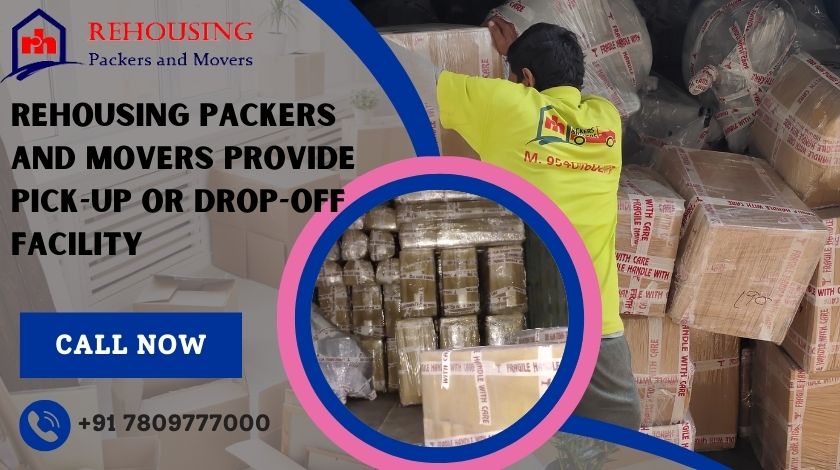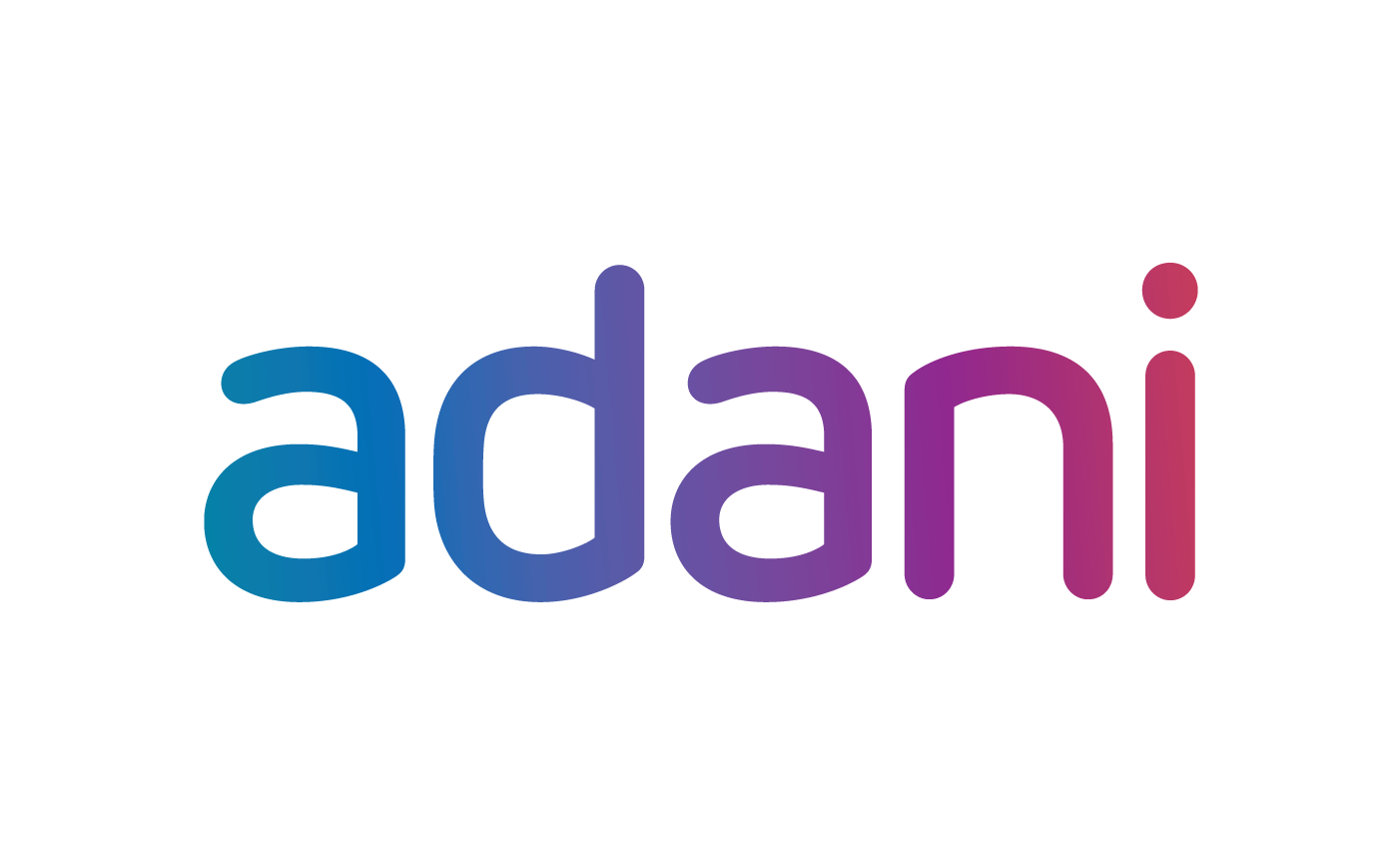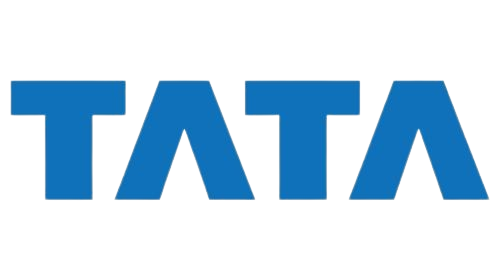Estimated Charges of Packing and Moving Services in India
Rehousing offers reliable packing and moving services in India for your relocation. Our team handles and transports your items safely. Get a clear price estimate for your unique needs.
| Shifting Type | Packing Material | Moving Charges |
|---|---|---|
| 1 BHK Moving Costing | Rs. 500 - 1000 | Rs. 2500 - 3000 |
| 2 BHK Moving Costing | Rs. 800 - 1200 | Rs. 3000 - 3500 |
| 3/4 BHK Moving Costing | Rs. 1200 - 1500 | Rs. 3500 - 3800 |
| Few household items Moving Cost | Rs. 600 - 1000 | Rs. 2000 - 2800 |






.png)


.png)
.png)








